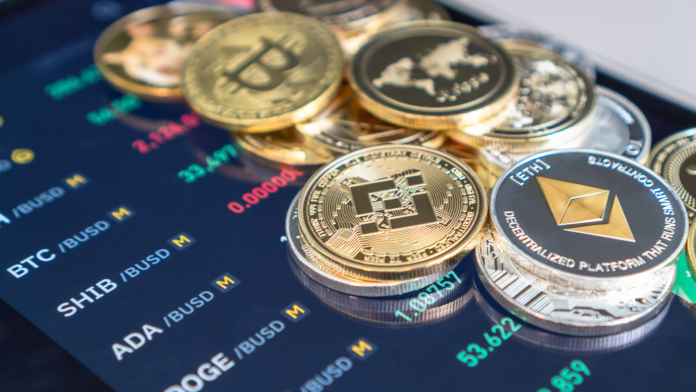Qatar is opening the way for cryptocurrencies with the introduction of a new special regulatory framework for this type of asset. Companies in the sector can now register, which will help boost the digital economy in the country.
Qatar has adopted a series of new rules to establish a regulatory framework for this new asset class.
In a statement issued this week, the Qatar Financial Center (QFC), a special economic zone located in Doha, the capital of Qatar, introduced a new regulatory framework for cryptocurrencies.
“The QFC’s Digital Assets Framework 2024 establishes the legal and regulatory basis for digital assets, including the tokenization process, legal recognition of ownership rights to tokens and their underlying assets, custody arrangements, transfer and exchange,” the statement said.
This framework, which also provides for the legal recognition of smart contracts, clears the way for companies to secure licenses as cryptocurrency service providers and contribute to the development of the country’s digital financial economy, as the region continues to see growth in transactions related to Web3 and the new asset class.
These new policies from the Arab nation are a departure from an earlier approach that banned cryptocurrency trading and other services. Qatar began a public consultation procedure the previous year with the intention of implementing new regulations.
QFC stressed that the framework has been established after “extensive consultations” by an advisory group comprising 37 national and international organizations. It also stressed that it is part of a national strategic plan by the Qatar Central Bank to create a financial and capital market that is a leader in innovation in the region.
“We anticipate that this regulatory clarity will attract domestic and international players, boosting the competitiveness of Qatar’s financial services sector,” said Yousuf Mohamed Al-Jaida, CEO of QFC.
Qatar Opens Door to Cryptocurrencies
QFC added that it has admitted more than 20 startups and financial technology companies to the QFC Digital Assets Lab, launched in October 2023, for the development and commercialization of their digital asset products in a protected environment.
“Following the launch of the QFC Digital Asset Framework 2024, companies can now apply for a license to carry out token service provider activities,” the entity explained.
The new regulation comes against a backdrop where Middle Eastern countries are keen to open up space for new technologies. Other jurisdictions such as the United Arab Emirates (UAE) have implemented specific regulatory frameworks for cryptocurrencies, laying the groundwork to drive the growth of this type of industry regionally.
“Compared to other countries in the Middle East, Qatar’s approach is remarkably advanced, offering a more structured and clear regulatory environment,” commented Navandeep Matta, senior associate at Kochhar & Co. Legal, about Qatar’s new framework.
“This puts Qatar on par with the UAE’s Digital Assets Framework, establishing a robust regulatory regime that aligns with international best practices,” he added.
The QFC is a national financial and business center located in Doha. It has a specific legal, regulatory and tax framework, allowing up to 100% foreign ownership and 100% return of profits. According to its website, the QFC applies a 10% corporate tax rate on locally sourced profits.



